Genuine poetry can communicate before it is understood
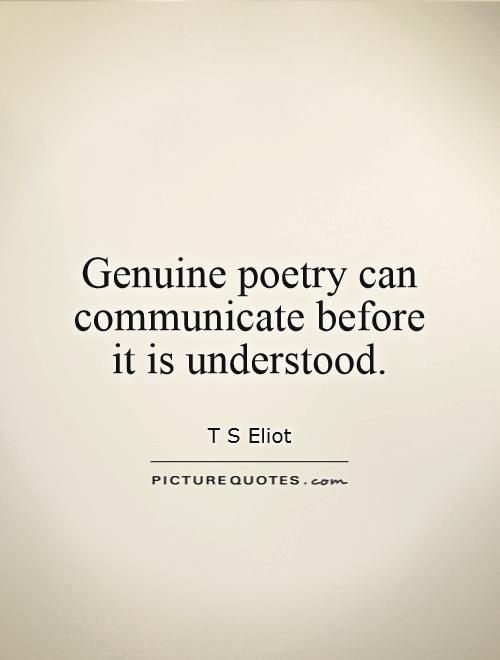
Genuine poetry can communicate before it is understood
T.S. Eliot, one of the most influential poets of the 20th century, once said, “Genuine poetry can communicate before it is understood.” This statement encapsulates the essence of Eliot’s approach to poetry and his belief in the power of language to evoke emotions and convey meaning beyond the confines of rational understanding.Eliot’s poetry is known for its complexity, ambiguity, and allusiveness. His work often requires multiple readings and careful analysis to fully grasp its meaning. However, Eliot believed that the true impact of a poem lies not in its intellectual content, but in its ability to stir the reader’s emotions and create a sense of connection or resonance.
In this sense, genuine poetry has the power to communicate on a deeper level, reaching the reader’s subconscious or emotional self before it is fully understood on a conscious level. This is achieved through the use of imagery, symbolism, and language that bypasses the rational mind and speaks directly to the heart or soul.
Eliot’s own poetry exemplifies this idea. In works such as “The Waste Land” and “The Love Song of J. Alfred Prufrock,” he employs a fragmented, stream-of-consciousness style that reflects the disorientation and alienation of modern life. Through vivid imagery, allusions to literature and mythology, and a musical use of language, Eliot creates a rich tapestry of emotions and ideas that resonate with readers on a visceral level.
For Eliot, poetry was a means of exploring the complexities of human experience and expressing the ineffable aspects of existence that defy rational explanation. By tapping into the subconscious and the collective unconscious, poetry has the power to transcend language and communicate on a primal, intuitive level.
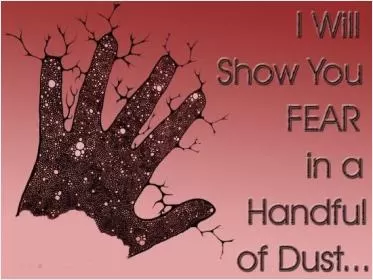

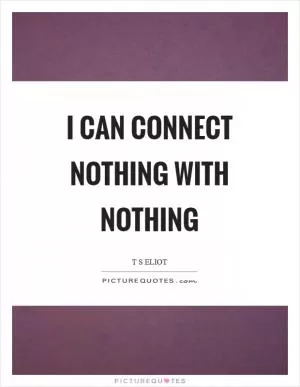
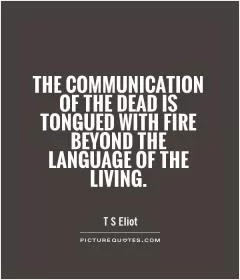


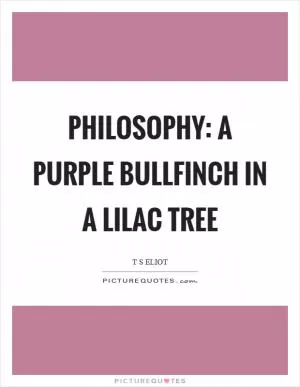

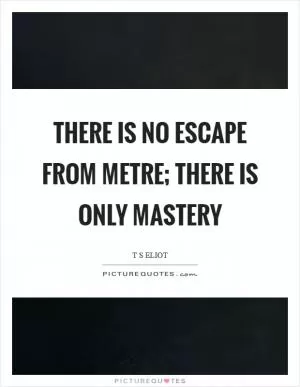


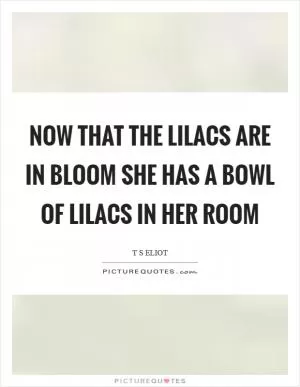
 Friendship Quotes
Friendship Quotes Love Quotes
Love Quotes Life Quotes
Life Quotes Funny Quotes
Funny Quotes Motivational Quotes
Motivational Quotes Inspirational Quotes
Inspirational Quotes